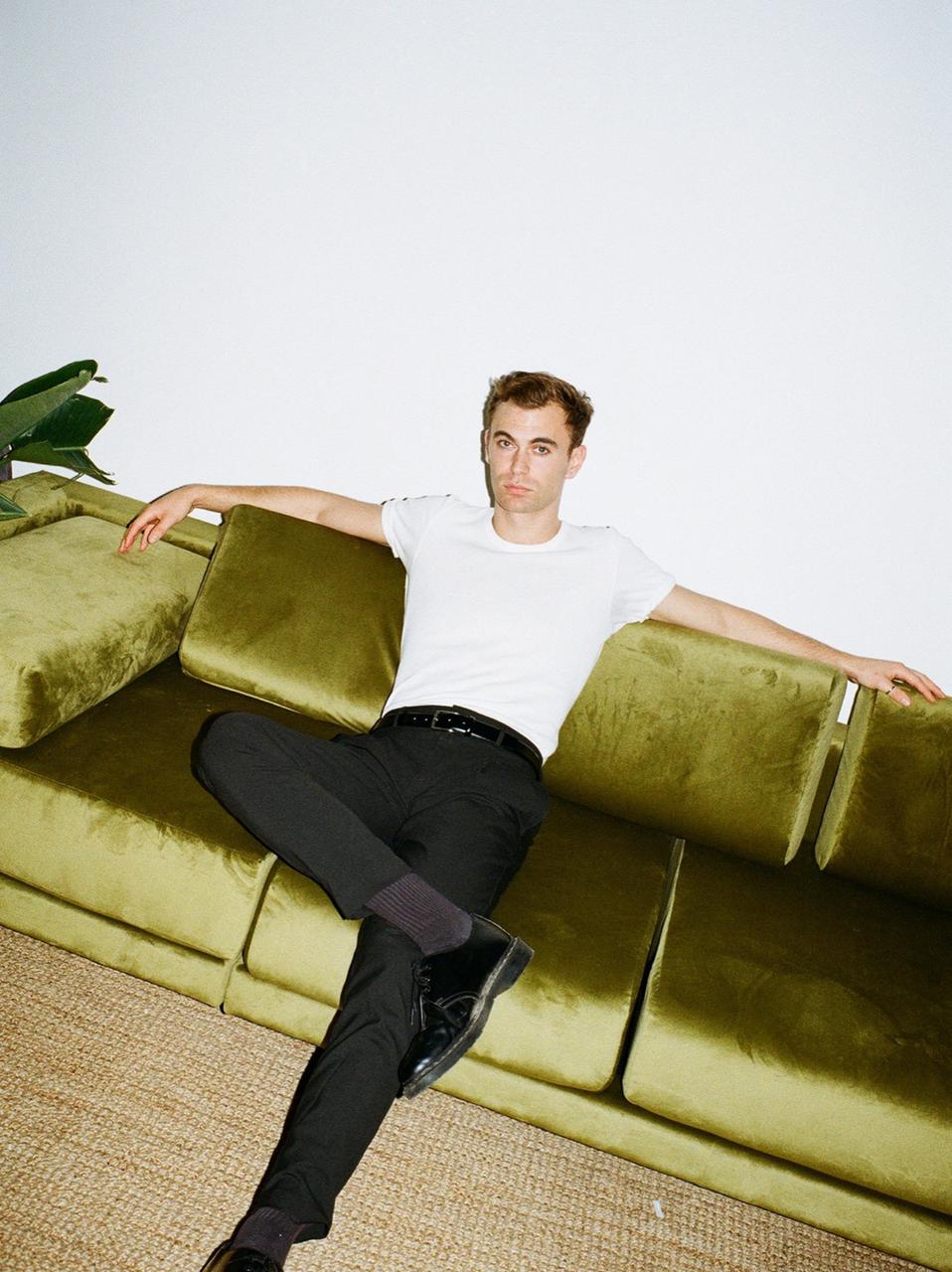Atticus, Waheed, Cocozza - Making Poetry Cool Again

It's hard to kill art. Some genres and fields can go through droughts, with society, technology and trends dictating consumer behaviour.
But what has to be done, will always be done. During the first 10 years of social media platforms such as Facebook and Instagram, book sales were amongst those to suffer the hardest. But the last five years have shown signs of a strong and speedy recovery. The reason? The platforms have turned into profitable spaces for writers to showcase their work. Whether we are talking about activists, coaches or poets, they all are amongst the most successful users of the new technology.
And the range of poets that have emerged through Instagram in particular is great. Rupi Kaur and Nayyirah Waheed are have reached an exceptional resonance as the voices of multiple generations of women, approaching topics such as love, self-love, abuse and femininity. Artists, that lead into a new of feminist literature.
Then there are artists such as the anonymous Atticus or Dean Cocozza, who seem to be equally celebrated amongst all genders of readers, as they openly break with the concept of fragile masculinity. Writers who prove: honest, emotional poetry about desires, sufferings and love are still cool. So cool, that they turn into best sellers, social media sensations, some of the most shared content across the young generations.
When single sentences like Dean Cocozza's
"On the same pages, at different times"
are shared by multiple thousand users on Instagram, it is clear that consumers are receptive for depth in the fractions of attention they pay to a single post. Cocozza even admitted that the short attention span the consumers bring to the platform has strongly influenced the type of work he would share on Instagram. It's not a surprise, that his one-liners are amongst his most popular work.
The British-German writer sold out his first poetry book 'zero dark thirty' in 2020 - without the help distribution giants like Amazon. A clear proof that social media platforms hold much more power than passive followings or a crowd that is solely reactive to superficial content.
Other than in a book store, the writers also have the chance to build an image around their work too. An aesthetic, their face, an idea. Artists start working across industries and become their own genre of creatives.
Readers that pick up the book, feel much more connected than they might feel when they pick up one of the old classics, at the end of the day E.-A. Poe isn't engaging too much with his followers these days. Rupi Kaur's books are bestsellers about womanhood & love, that have particularly women of today feel much closer than celebrated classics. Although the art itself is timeless, the new rise of poetry has proven that it is the apprach that has to be contemporary in order to be relevant.
Writers and authors have always played a major role in the creative industry, but are currently back in the spotlight more than ever.
* This is a contributed article and this content does not necessarily represent the views of enstarz.com





